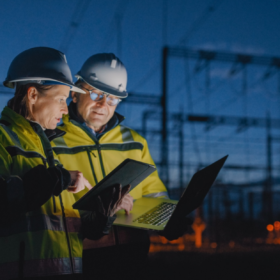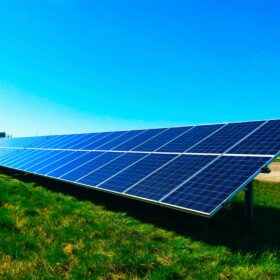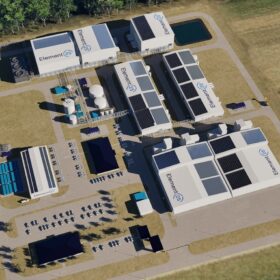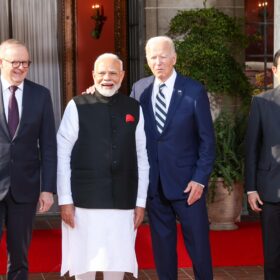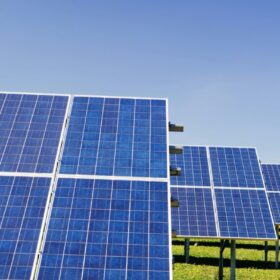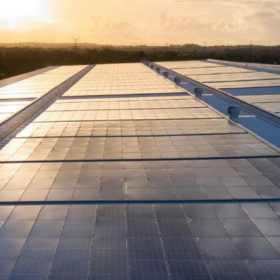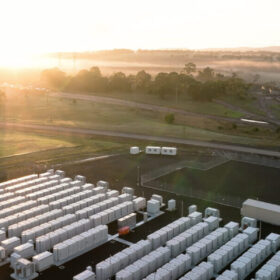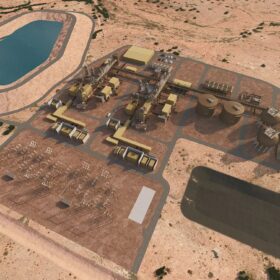Extra 33,000 electricity workers needed to match 2029 clean energy demand
The Australian Skills Guarantee has been identified by a RACE 2030 report as one solution to help boost, and double to 63,000 by 2029, the number of skilled electricity workers needed to deploy clean energy projects.
Australian’s clean energy optimism high but future reliability a concern: survey
A 10-country, intergenerational survey has found Australians are willing to adopt renewable energy initiatives, but worry about its affordability, reliability, and understanding about clean energy, particularly among older generations.
US solar industry on track to install 250 GW in five years
According to the United States Solar Market Insight Q3 2024 report, in the two years since passage of the Inflation Reduction Act the solar industry has added 75 GW of new capacity to the grid, representing more than 36% of all solar capacity built in nation’s history.
Reaping agrisolar success in Australia relies on policy reforms: report
A New South Wales-based Agrivoltaics Resource Centre report reinforces utility-scale developments can successfully co-exist with agriculture but improvements to development application processes could pave the way for better project outcomes.
Perth miner lands $243 million US government grant
Australian manganese miner Element 25 has been granted $243 million by the United States government to support the development of a refining facility that will transform the metal into a battery-grade product.
$50 million funding to boost clean energy supply chain
The Australian government will in November open applications for a $50 million funding program that is to support the development of more diverse solar PV, hydrogen electrolyser and battery supply chains in the Indo-Pacific region.
IEA calls for stronger solar, wind integration measures
The International Energy Agency’s latest report warns that failing to support integration at the point of deployment could jeopardise up to 15% of solar and wind projects by 2030. This shortfall would reduce their combined share of the global electricity mix by 5%.
Australia’s future rooftop solar installs hold key to unlock 103 GW capacity: report
A new Climate Council report suggests the total potential rooftop solar capacity in Australia is 103 GW, or four times more than currently installed, and 1.5 times the capacity of utility-scale electricity generators in the National Electricity Market.
COP29 to propose 1.5 TW energy storage target by 2030
This year’s UN Climate Change Conference could adopt a target to increase global energy storage capacity more than sixfold by 2030. To achieve this, the world would need to add more than 158 GW of energy-storage capacity annually.
New report highlights value of long-duration storage
State and federal governments are being urged to ramp up deployment of long-duration energy storage after a new report found significant capacity additions would result in 38% lower system costs than alternatives while playing a critical role in maintaining reliability as coal plants retire over the next decade.
